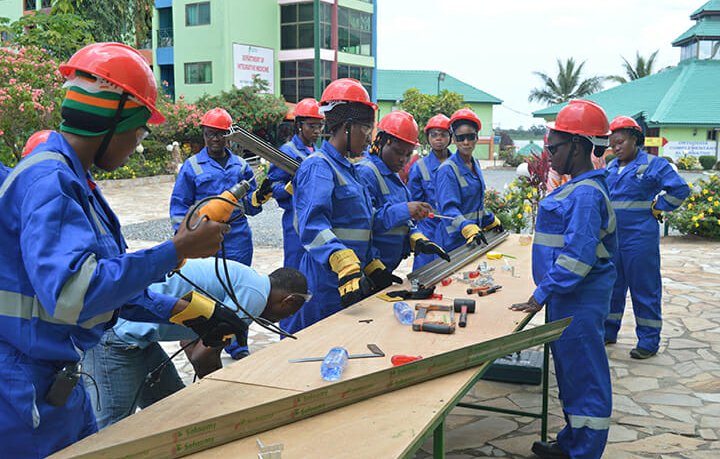Each year, Uganda produces over 700,000 graduates, yet only about 238,000 secure formal employment. According to the Uganda Bureau of Statistics, the graduate unemployment rate stands at 15.2 percent, the overall unemployment rate at 12.3 percent, and more than half of young people aged 18–30 _ 50.9 percent are classified as NEET (Not in Employment, Education, or Training) (UBOS, NHPC Report 2024).
These figures reveal a stark reality: thousands of eager and qualified young people enter the labor market each year, yet only a fraction find meaningful work. The result is frustration, stalled potential, and lost economic value.
This year’s International Youth Day theme, “Local Youth Actions for the SDGs and Beyond,” serves as a reminder that young people are not passive observers. They need systems that transform enthusiasm into opportunity bridging education with livelihoods and training with traction.
Uganda’s demographic profile holds immense promise, with over 75 percent of the population under the age of 30. But this potential will only translate into national progress if education is paired with mechanisms that enable real transitions into work. Credentials alone are not enough; young people must also gain experiences, networks, and support structures that allow them to apply their skills.
The Mastercard Foundation’s Young Africa Works strategy embodies this approach. Our goal is to enable 30 million young Africans 70 percent of them women to access dignified, fulfilling work by 2030, with 4.3 million targeted in Uganda alone. Achieving this requires not just skilling but a sustained effort to surround young people with guidance, mentorship, and real-world opportunities.
One clear insight from our engagement with youth and partners is that certificates without experience are insufficient. Internships, work placements, and exposure to professional environments must be embedded within higher education, so students begin navigating the workplace before graduation.
Entrepreneurship support should also start during schooling. Universities and colleges must provide incubation spaces, coaching, access to early-stage capital, and mentorship from practitioners. Without these structures, many promising ideas stall before they reach the market.
Equally crucial are non-academic competencies: communication, critical thinking, mental health resilience, and decision-making. These soft skills often determine whether a young person thrives in the workplace and should be integrated into the educational journey not left to chance.
When these elements are combined, graduates emerge with knowledge, experience, and confidence. The Mastercard Foundation Scholars Program demonstrates this in practice. At institutions such as Makerere University, scholars receive academic support, career guidance, entrepreneurship training, mental health care, and leadership development. They are also encouraged to contribute to their communities.
Alumna Joan Emily Bayega exemplifies this approach. Through the program, she co-founded DMB Translation Services Ltd., a social enterprise delivering digital sign language interpretation solutions that improve accessibility for the deaf and hard of hearing.
These experiences shape how we design all programming working with partners and young people themselves to build education-to-work systems that are inclusive, responsive, and effective. Skilling alone is insufficient; it must be coupled with opportunity, guidance, and networks.
Without these supports, even well-trained young people remain stagnant. With them, they can move forward and uplift others along the way.
As we mark International Youth Day, the responsibility is clear: Uganda’s youth need not just skills, but robust support systems, institutions that accompany them, and opportunities that reflect their ambition. They deserve education that prepares them to work, lead, and contribute meaningfully to society.
